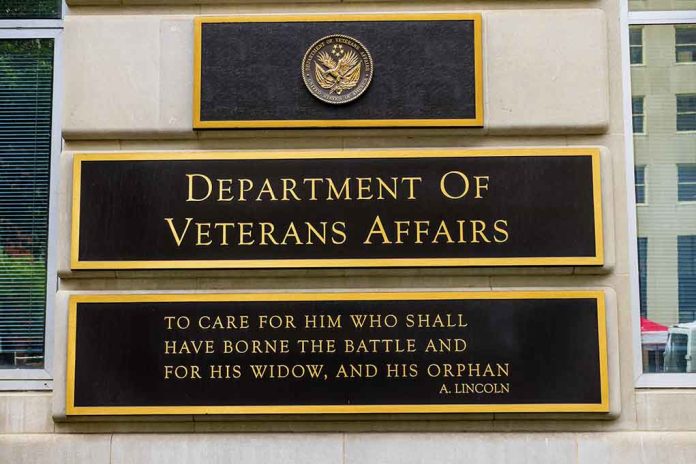
Veterans struggling with PTSD may soon find relief through cannabis, as the FDA sanctions an unprecedented study exploring its effects on their condition.
At a Glance
- A federally approved trial explores cannabis’ effects on PTSD in veterans.
- The study, backed by MAPS and approved by FDA, involves 320 veterans.
- Participants will use high-THC cannabis, resembling dispensary offerings.
- The Biden Administration considers reclassifying cannabis’ federal status.
Understanding the Study
The Multidisciplinary Association for Psychedelic Studies (MAPS) will administer a unique, federally approved clinical trial to evaluate cannabis’ impact on PTSD among veterans. Approximately 320 veterans with moderate to severe PTSD will engage in this exploration of real-world cannabis use, employing methods like smoking and vaping.
After more than three years of tireless effort and five rounds of pushback from FDA, MAPS has won a Formal Dispute Resolution Request (FDRR) with the FDA’s Division of Psychiatry — the same Division that rejected Lykos’ New Drug Application for MDMA-assisted therapy for PTSD.… pic.twitter.com/sUiTjAIV9F
— MAPS (@MAPS) November 20, 2024
FDA Approval and Its Implications
The FDA’s approval marks a pivotal moment, signaling a shift towards recognizing the need for comprehensive data on cannabis’ potential medical applications. This decision may influence future studies, providing critical safety data to guide healthcare professionals in managing PTSD.
“This breakthrough decision opens the door to future cannabis research, mirroring real-world consumption and generating safety data to guide medical professionals,” said Allison Coker, Director of Cannabis Research at MAPS.
Despite its federal classification as a Schedule I drug, meaning the government says it has no accepted medical use and is at high risk for abuse, participant veterans can self-titrate their cannabis doses, adapting their usage to their symptoms’ fluctuations. This approach aligns with practical consumption patterns observed in states where cannabis is legal.
Anticipated Impact and Future Directions
Conducted across sites including Michigan, Arizona, and Florida, the study is hoping to provide an avenue for veterans who find existing treatments inadequate. Funding from the Michigan Veteran Marijuana Research Grant Program, supported by a $12.9 million grant from Michigan’s cannabis agency, emphasizes the state’s commitment to innovative veteran care.
“After three years of negotiations with the FDA, this decision opens the door to future research into cannabis as a medical treatment, offering hope to millions,” MAPS said in a statement.
As the Biden Administration contemplates reclassifying cannabis to a Schedule III drug, these findings could inform legislative changes, enhancing veterans’ access to cannabis-based therapies. The study’s outcomes could spark a wider acceptance of cannabis as a therapeutic tool, guiding policymakers and healthcare providers in expanding PTSD treatment options.









